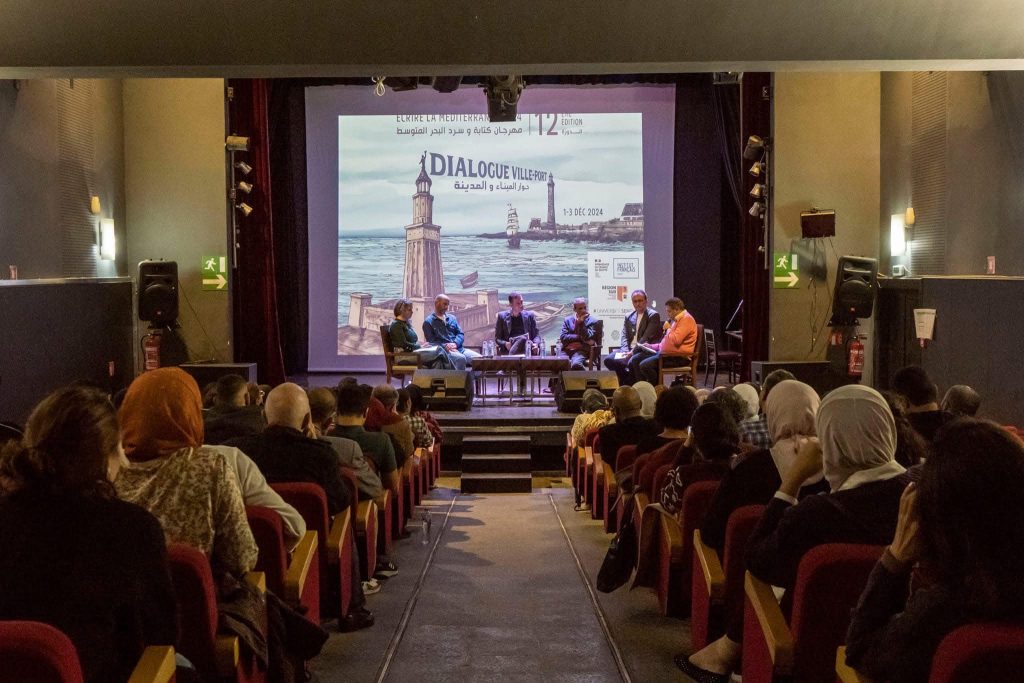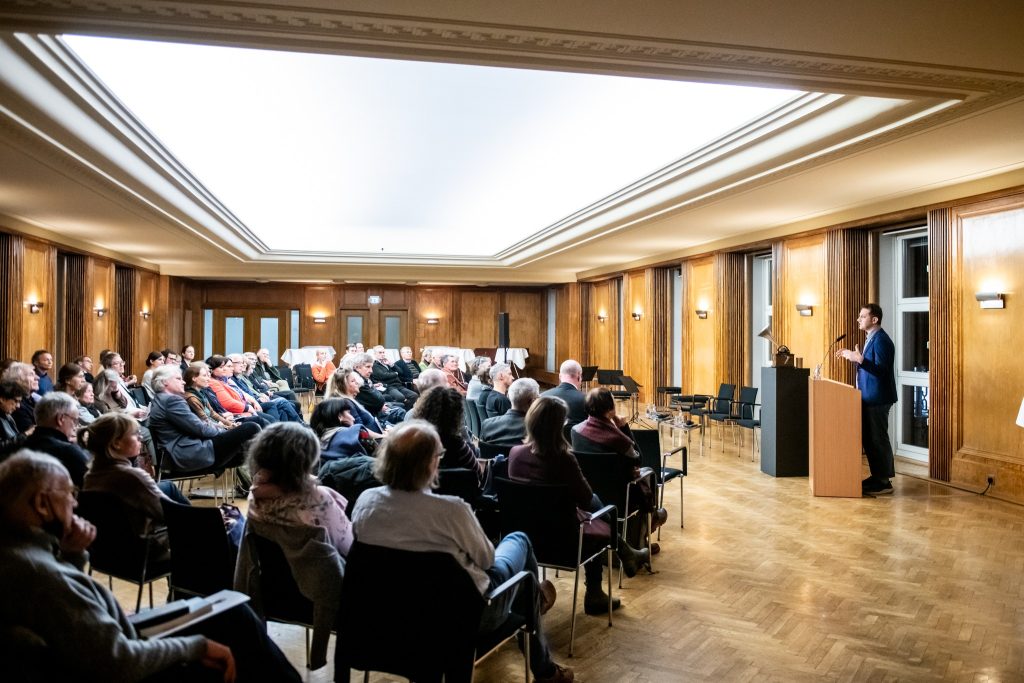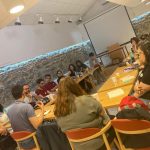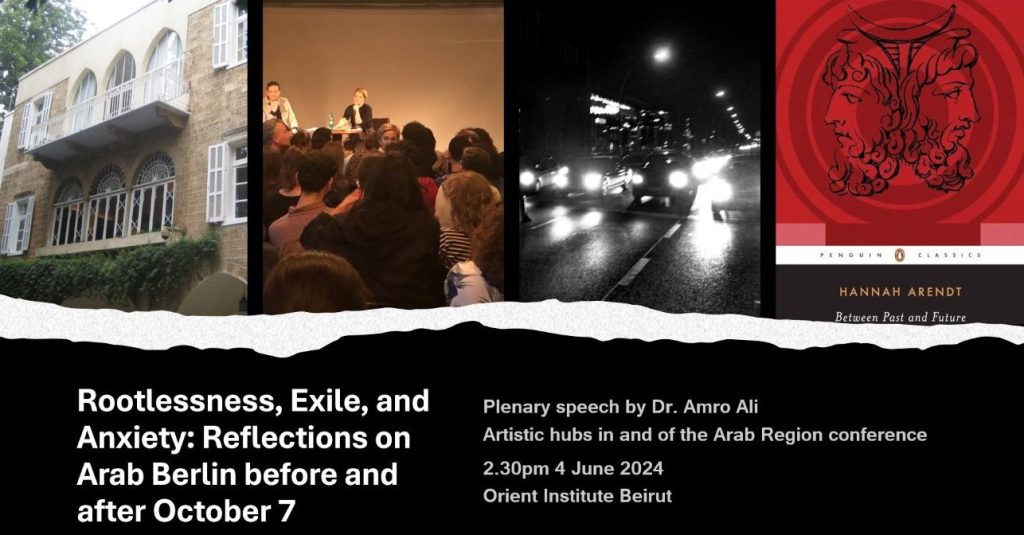This article originally appeared in openDemocracy:
http://www.opendemocracy.net/amro-ali/voting-for-security-in-alexandria
Anxiety stood in line as well to cast its vote in the second largest city of Alexandria. One week before our historic presidential elections, I am exiting the Bibliotheca Alexandrina, and I see a man wrestled to the ground after an attempted extortion from a woman he carjacked weeks earlier: a sting operation by her relatives. In the Sidi Gaber suburb, early afternoon, I am in a taxi and ahead of me, I see a man clinging to the outside of his stolen car’s window as it speeds off. He is dragged some 30 metres before falling and severely cutting his face. While walking in Cleopatra Hamamat, I encounter another man with a bleeding face, this time slashed with a razor blade in front of his mother, following a dispute.
These three incidents occur in the space of as many days.
Witnessing such crimes prior to the 2011 Egyptian Revolution was so rare, it is no wonder that security was on voters’ minds.
Alexandrians ↑ are somewhat divided over whether it is lax security or – a widespread view – deliberate orchestration by the Supreme Council of the Armed Forces (SCAF) and Felul (regime remnants) to make Egyptians desire Mubarak-esque authoritarian “stability”. Circumstantial evidence may support the latter, yet the problem goes deeper into the collective public psyche.
One of the fruits of the revolution was that it dismantled the traditional fear of authority. Despite SCAF’s warnings, arrests, imprisonment, torture and even killings – Egyptians still braved it out to protest, strike, and conduct sit-ins.
Yet the flip-side is that criminals have also lost their fear of authority.
This is compounded by a demoralised police force that is still recuperating from the revolutionary backlash, public hatred, and the corrupt practices of their superiors.
It is also a question of resource overstretch. One police officer tells me, “Before the revolution, one officer could attend to a case. Now a group of officers have to attend to protect each other.” When a prisoner convoy drives by us, he remarks: “There are six police cars to guard that one prison van: before you only needed one car to do that”.
At times, the perpetrators do not seem to resemble their roughneck pre-revolutionary forebears. In the case of the Bibliotheca incident, it turned out he has never had any kind of previous criminal record – opportunism is a new night rider.
The second anniversary of Khalid Saeed’s death (the Alexandrian victim of police brutality on 6 June 2010 that helped spark the revolution) is approaching, with the backdrop of the revolution day, 25 January – which is also, no coincidence, police day – a reminder that presidential candidates’ talk of reforming the interior ministry and police force ↑ needs to be followed through once in office.
A running joke goes like this: The annual police recruiting day attracted hundreds of people outside the main Cairo police station. The police chief came out and stated through the loudspeaker – “Those who can read and write, go stand on the right side, and those who cannot read and write, go and stand on the left side.” The chief waited while the people moved to the left and right. He then announces, “Everyone still in the middle, greetings and welcome to the Egyptian Police Force.”
The upcoming president needs to get this right, otherwise, who knows, it could be him clinging to the window of the stolen presidential limousine.






